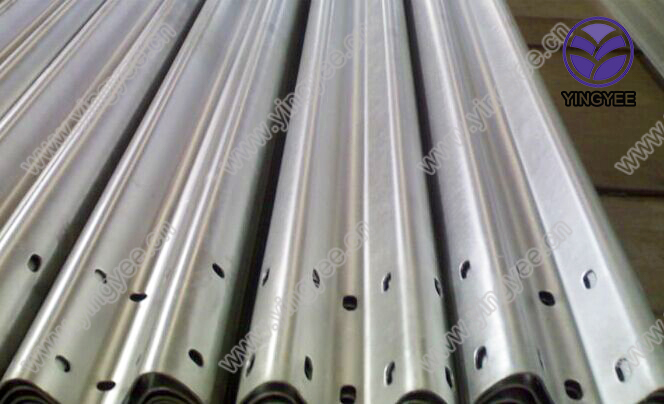
The C-Channel Rolling Machine Revolutionizing Metal Fabrication
In the world of metal fabrication, efficiency and precision are paramount. As industries demand higher production rates and tighter tolerances, the tools and machinery used in these processes have evolved significantly. Among these advancements, the C-channel rolling machine has emerged as a critical player, streamlining the production of C-channels and enhancing overall operational capabilities.
A C-channel rolling machine, as its name suggests, is specifically designed to form C-shaped metal channels by bending and rolling flat steel sheets or strips. The unique shape of C-channels, resembling the letter 'C', provides structural support in various applications. These channels are widely used in construction, manufacturing, and a range of other industries due to their strength, light weight, and versatility.
The C-Channel Rolling Machine Revolutionizing Metal Fabrication
One of the primary advantages of using a C-channel rolling machine is its efficiency. Traditionally, producing C-channels could be a labor-intensive process, often requiring multiple setups and manual adjustments. With the advent of advanced rolling machines, manufacturers can achieve higher output rates with less manual intervention. Automatic feed systems allow for continuous production, enabling businesses to meet demand without sacrificing quality.

Moreover, modern C-channel rolling machines are equipped with advanced control systems that ensure precise tolerances. Digital displays and programmable settings allow operators to adjust parameters easily, reducing the risk of errors and waste. This level of precision is particularly important in industries where the strength and integrity of components are critical, such as in aerospace and automotive manufacturing.
Another notable aspect of C-channel rolling machines is their versatility. While the primary function is to produce C-channels, many machines are designed to accommodate various profiles, including U-channels and Z-channels, by simply changing the rollers and dies. This adaptability opens up new opportunities for manufacturers, allowing them to diversify their product offerings and respond more effectively to market demands.
Sustainability is an increasingly important consideration in modern manufacturing. C-channel rolling machines contribute to this effort by optimizing material usage. By efficiently cutting and shaping metal, manufacturers can reduce scrap and waste. Moreover, many of these machines are designed to work with recycled materials, further promoting sustainable practices in the industry.
In conclusion, the C-channel rolling machine represents a significant step forward in metal fabrication technology. Through improved efficiency, precision, versatility, and sustainability, it empowers manufacturers to produce high-quality components while meeting the ever-growing demands of the market. As industries continue to evolve and seek advanced solutions, the C-channel rolling machine is poised to remain an integral tool in the metalworking landscape, shaping the future of construction and manufacturing. With ongoing innovations and enhancements, these machines will undoubtedly play a crucial role in driving productivity and fostering the industry's growth for years to come.